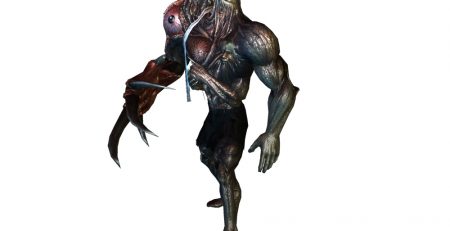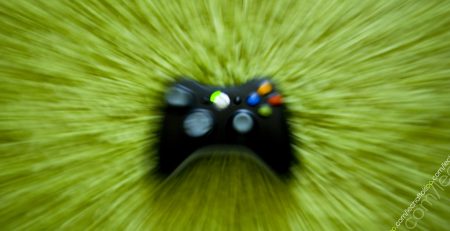WHO Officially Recognizes Gaming Disorder As An Illness
It’s official. Gaming Disorder is recognized by the World Health Organization as a real illness. It’s not just something gaming addicts enthusiasts make up to get out of adulting and stuff. It IS a condition.
This decision was made official on May 25 when 194 members present at the 72nd World Health Assembly voted to include Gaming Disorder in the list of “Disorders due to addictive behaviors”.
This is not the first time that Gaming Disorder as a real illness was brought up. In fact, last year WHO already included it in the International Classification of Diseases (ICD-11). However, it met some resistance and further study was required.
The classification has been updated this year, with a revised version of the illness and its characteristics.
The updated ICD-11 describes Gaming Disorder as being “characterized by a pattern of persistent or recurrent gaming behaviour (‘digital gaming’ or ‘video-gaming’), which may be online (i.e., over the internet) or offline”.
Manifestations of the disorder are:
- impaired control over gaming (e.g., onset, frequency, intensity, duration, termination, context);
- increasing priority given to gaming to the extent that gaming takes precedence over other life interests and daily activities; and
- continuation or escalation of gaming despite the occurrence of negative consequences. The behaviour pattern is of sufficient severity to result in significant impairment in personal, family, social, educational, occupational or other important areas of functioning.
Much like other addictive conditions, Gaming Disorder can be continuous or episodic and is recurrent. In order to be diagnosed, the condition should manifest for at least 12 months. However, for severe symptoms, the evaluation period can be less.
The World Health Organization states that their decision stems from the contribution of experts on the subject matter as well as empirical evidence. Still, the decision is not welcomed by all, especially video game-related entities the world over. Some have even banded together to make a call for the inclusion of the disorder to be reversed. The Entertainment Software Association (USA), Interactive Software Federation of Europe, Association for UK Interactive Entertainment, and K-GAMES (South Korea) have released statements stating that further research is needed as this classification may lead to the downplaying of “real” mental illnesses.
While there exists a stubborn resistance, the WHO’s updated classification of illnesses will be effective on January 1, 2022.








